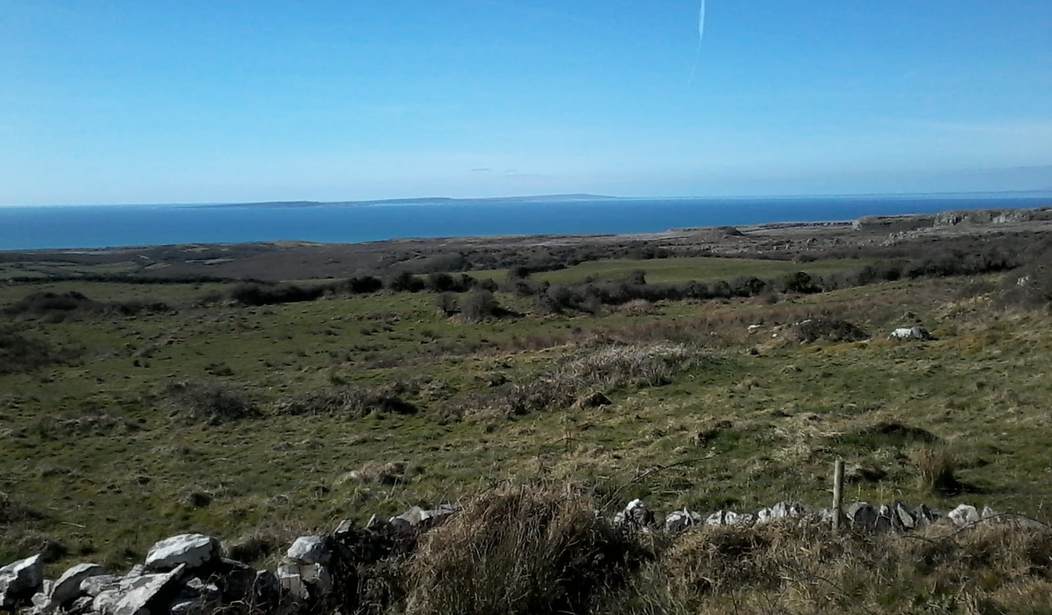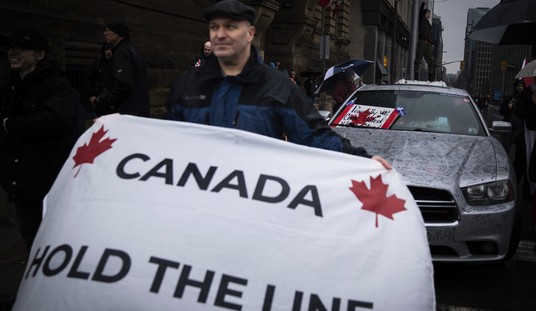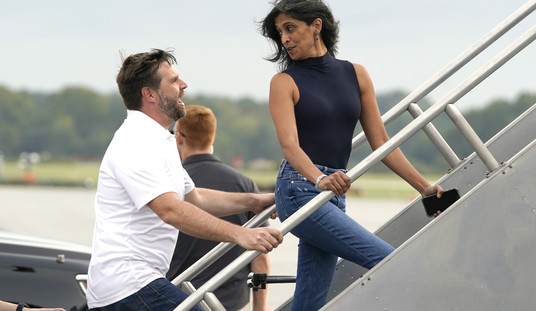Ireland, thanks to its system of interchangeable representatives of two main parties you can’t tell apart, is currently led by a fellow named Leo Varadkar, a gay, half-Indian prime minister, called the Taoiseach (pronounced “t-shock”), who stepped into the office when his predecessor suddenly stepped down. Ireland has legalized gay marriage by a popular vote, is now trying to repeal the country’s stringent anti-abortion constitution by repealing the Eighth Amendment, and is hell-bent on upsizing its population according to the Ireland 2040 plan, which envisions adding an additional one million people to the current population of 4.8 million people in the Republic — mostly through “immigration.”
That all these developments are changing the character of the nation is beyond dispute, but since it’s done in the name of tolerance, compassion, diversity and progress, the frog boils slowly. Still, even through the fog of political correctness one may sometimes discern signs of emotional sanity:
I am in a cottage on a south Kerry cliff that once housed a family of 12 or more. The windows bang in the wind of a black night and I am sure the ghosts will seep through the thatch on top of me. They are the ghosts of people who died in the Famine. They are the ghosts of the neighbours of my relatives’ relatives. I am somehow connected to them.
When I am 15, from the top deck of my bus on O’Connell Street, I see a woman running across the pavement outside the Savoy. She is striking, in a long, black, velvet, hooded cape. The bus, just moving, farts and seizes to a stop. When she is under the window, I see that it is Sinead O’Connor and somehow, I am connected to her.
Every rock on every beach on every coast belongs to me. In Dublin, in Donegal, in Cork, I feel connected. Every blade of grass in every field is mine. Every breaking wave is mine and when I die you can throw me into the sea because I belong to it.
I have spent more of my life away than here. I spent eight years in Malawi, four in Ethiopia, one in Vietnam, five in Zambia and two in Tanzania. Through no one’s fault but my own, I never belonged anywhere else but Ireland. The feeling that I fit better here than I do anywhere else doesn’t sit well with my ideologies of equality and globalism.
What the writer, Ceire Sadlier, is feeling, but can’t quite bring herself to admit, is that no matter how much time she spends in Ethiopia or Vietnam, she will never be Ethiopian or Vietnamese. She’s Irish, by birth and passport, but more importantly by essence. And yet it still probably hasn’t occurred to her that, by the same token, the Syrians and Congolese now claiming asylum in Ireland even in the little village where I live, can never truly be Irish.
There is an exhilaration in being hit by the hot air of an African runway, knowing that grey streets and grey skies are 10,000 miles away. There is pure pleasure in hearing an open-backed truck of 50 people singing in perfect harmony. There is wonderment in a street full of purple jacaranda trees in bloom. But, held back only by my own psyche, I was only ever a visitor to those places.
I have been home for three years now. I am not callow. I am first to the podium to wave my fist, roaring about dearth and misogyny and rain. But I love my country more than ever, more than anywhere. I think we should talk about that more, because we need to remind ourselves that we are connected.
Some of us are talking about it, Ceire, and for our troubles get called “racist.” Something for you to think about, the next time we’re all talking about it.









Join the conversation as a VIP Member